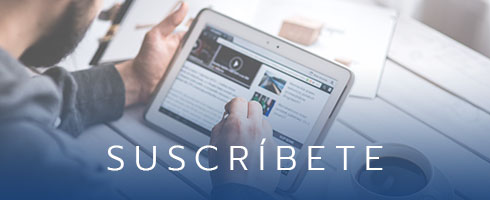Content
You’ll find yourself juggling everything from your business personality to positioning, partnerships, sales, accounting & finance. Are you thinking of a career in bookkeeping, accountancy or finance but not sure if you are ready for AAT Level 2? Our short Bookkeeping Basics course introduces you to the very basics and helps you get ready to join one of our AAT Accredited Level 2 courses in Bookkeeping or Accounting. Software can definitely help, particularly with simple bookkeeping for a very small business. There are a wide range of software providers available, offering various services and tools from the basic to the more complex.
Connect with like-minded business owners near you or build your business knowledge with webinars led by industry experts on a wide range of topics. Make sure it all adds up with our tax specialists’ beginner-friendly guide to small business taxes, including VAT, Making Tax Digital, self-assessments, and more. Whilst the past decade has presented several challenges for small and medium-sized enterprise (SME) business owners and entrepreneurs across Britain,… You are not required to buy any books, sit any exams or pay any AAT membership fees for this course. This can be difficult, especially if you are setting up an account in a foreign country.
How to win investment for your business
Whether you see an accountant as someone you deal with just once a year or a partner who brings value to your business throughout, the bottom line is that you will need one. Proactive accounting practices help you make smarter business decisions, and it’s the first thing potential investors or banks will want to see before giving you any money. Getting out ahead of your accounting responsibilities allows you to save a great deal of time. It gives you powerful insight into your profitability and lets you spot inefficiencies and opportunities to reduce spending (or increase it when it’s financially smarter).
- Not only does this promote organisation within the company, but it also helps to prevent any costly tax mistakes.
- If your business starts small, it may make sense to handle the bookkeeping yourself.
- For sales invoices (i.e. money owed to you), number them sequentially in order of when they should be paid, so that you can chase them effectively.
- Expenses are often referred to as “the cost of doing business”, meaning the money you spend to try and generate revenue.
- Transitioning from a spreadsheet to an accounting system is a substantial administrative hassle.
Once you’re registered for VAT, you must charge the applicable tax rate on any products or services you sell. If you are always struggling with money and your cash flow statement is poor, ask yourself why. The principles of good cash flow management are straightforward, but it’s also where many businesses struggle. The software can automatically match up income and outgoing on the bank statement with invoices you’ve sent and things you’ve paid for. Therefore, cloud accounting software presents an all-in-one solution that’s worth getting to grips with now before the changes come into effect.
About Small Business
Having a clear picture of your business’s financial health is important if you’re looking for investment or applying for a business loan. Financial institutions and investors will want to see how your business performs before deciding whether to invest. At The MGroup, we can help you set the foundations of your business start-up to maximise your earnings from the first day through to your retirement.
A business must pay for its assets, after all, usually via a loan – one of the most common liabilities – or by acquiring capital from shareholders. A company’s retained earnings (the income that’s reinvested into the business after dividends are paid) are detailed in the shareholders’ equity section of the balance sheets. It is another excellent book to read to help you start in business and is in a format that most people recognise.
Offers
It takes you step by step in explaining how to set up a business, from initial research to forecasting, taxation, VAT and Insurance. The book is updated each year, so you know the information is up to date. The author is not an accountant but has explained everything in a way that a business owner can understand.
If you’re a sole trader, you’ll need to register with HMRC to file your taxes. You should register as soon as possible (or by the 5 October deadline) once you’ve started your business to avoid fines. A business’s performance or results are reflected in the income statement (also known as the income statement or profit and loss statement).
Please do not copy, reproduce, modify, distribute or disburse without express consent from Sage. These articles and related content is provided bookkeeping for startups as a general guidance for informational purposes only. Accordingly, Sage does not provide advice per the information included.
It gives you the essential knowledge you require to comprehend how your company expands, generates revenue, allocates profits, and determines your cash flow. So it’s necessary to know the accounting basics before launching your startup. If you’re in your first year of trading, you may not have any experience with the self-assessment tax return system yet. If you are likely to exceed these thresholds, register for your self-assessment in good time. At PBATS, we understand that keeping track of your finances can be difficult. That’s why every month (or more frequently if needed), we reconcile your statements for you!
